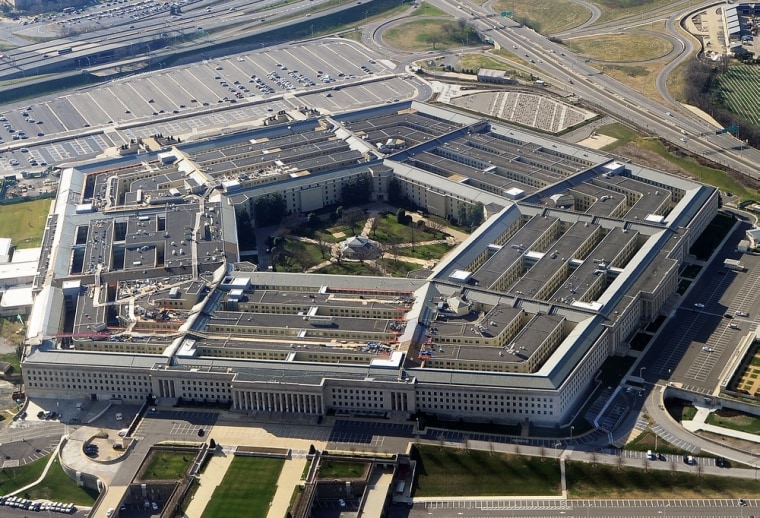How isolated is Donald Trump in the wake of his public defense of bigoted activists? Even U.S. military leaders are making clear their reactions to violence in Charlottesville are not in line with the president's.
A group of military leaders broke with President Donald Trump and rebuked the "Unite the Right" rally in Charlottesville over the weekend -- a near-historic development for U.S. civil-military relations.Since Sunday, five U.S. service chiefs -- representing the Army, Air Force, Navy, Marines and National Guard -- have tweeted their denunciation of the white nationalists whose rally led to the killing of a counter-protester on Saturday. Two police officers covering the rally also died when their helicopter crashed.
At face value, seeing U.S. military leaders denounce racists and their twisted ideas may seem obvious and unremarkable, but the broader context is important. For one thing, service chiefs do not always weigh in publicly in response to national events. On the contrary, their goal is generally to remain as apolitical as possible.
But just as important is the fact that the service chiefs are no doubt aware of the national controversy surrounding Donald Trump's inflammatory reaction to Charlottesville, and the military leaders' condemnations of the racist activists appears intended to put some distance between the brass and the president.
And that's no small development. As the New York Times put it, the services chiefs "did not mention Mr. Trump by name, but their messages were a highly unusual counter to the commander in chief."
Slate's Fred Kaplan had a good piece on this late yesterday, calling the services chiefs' statements "stunning," and the result of a leadership vacuum created by the collapse of the presidency.
There is a vacuum -- a miasma of confusion and chaos -- at the top of the civilian command. This gives the officers no comfort. They really don't like being put in this sort of spot. But when the vacuum of authority is so palpable, when the president makes statements so at odds with fundamental principles, then they feel a duty to speak out -- if just to remind the men and women under their command that those principles still hold, regardless of whatever signals they might glean from the commander in chief.
This is not, by the way, the first time we've seen the president say one thing and U.S. military leaders say something else. As we discussed a few days ago, Trump declared via Twitter last month that transgender Americans will not be allowed to "serve in any capacity" in the armed forces.
So far, everyone in the Defense Department is effectively ignoring the tweets.
